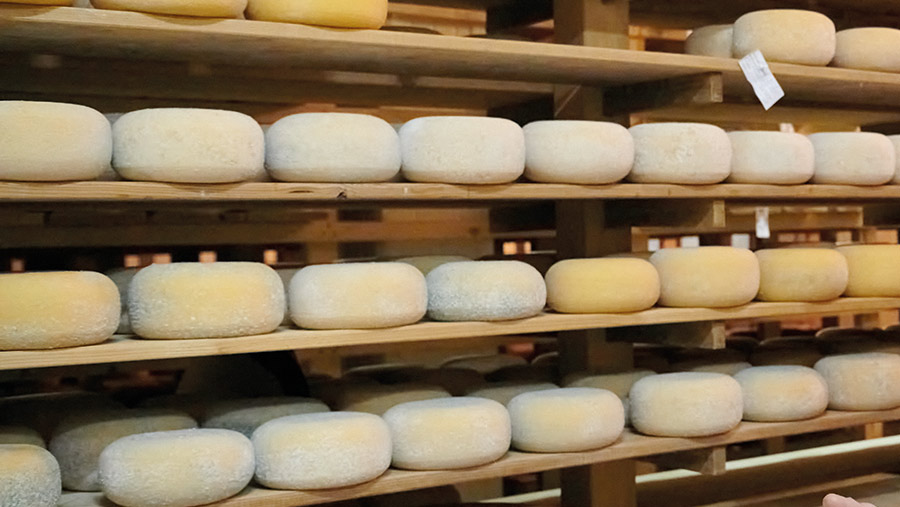Defra grants of up to £300,000 to help farmers add value
 © Adobe Stock
© Adobe Stock Grant funding worth up to £300,000 will be available to farmers in England from next month to pay for farm buildings, machinery or equipment that will add value to crops or livestock.
Defra has published guidance notes for the “adding value” stream of funding available under the Farming Transformation Fund.
The grant, which has a funding pot of £30m, will open in June, but the exact date is yet to be announced. It will close six weeks later.
See also: New round of larger productivity grants opens in January
The scheme will pay up to 40% of the eligible costs of a project with a minimum grant of £25,000, requiring a minimum total spend of £62,500.
The maximum grant available will be £300,000.
Vending machines
The support is available for farmers who are looking to invest in equipment for preparing or processing both edible and non-edible agricultural products for added-value sales, such as turning potatoes to crisps, milk to cheese and wool to yarn.
Grants are available to buy equipment to wash, sort, grade, top, tail, dice, cut, bottle, pack or carry out second-stage grain processing.
The fund will also help to pay for buildings for retail sales, display cabinets, tills and automatic vending machines, although these will be classed as a lower priority than equipment used to actually add value to a product.
Fossil fuel-powered equipment will only be supported where the claimant can show there is not a commercially available electric or renewable energy-powered alternative.
Farmers can also claim grants that go towards the capital costs of building, designing and developing a website to sell added-value products – but only where this is part of a larger project and claim.
It may also be possible to claim money towards the upgrade of the electricity supply where a project has a high power requirement.
Second-hand kit eligible
In contrast to the Farming Equipment and Technology Fund, second-hand items will be eligible for grant funding, provided the supplier confirms in writing that the item has not previously been purchased with public funding, does not cost more than an equivalent new item and is expected to last for at least five years.
The first stage of the application process will involve using an online checker to determine how a project might fit the funding priorities.
This will be available as soon as the application window opens in June and will allow farmers to carry out an eligibility and desirability check for their projects.
Only projects scoring high enough will be invited to make a full application.
The scheme will be competitive so only if a full application is eligible, and scores highly enough, will the Rural Payments Agency offer a grant.
Projects that deliver wider benefits such as the creation of new collaborations or partnerships, or improved environmental outcomes, will score extra points.
All grants will be paid in arrears, so farming businesses will need to have the cashflow available to fund the projects in the first place.
